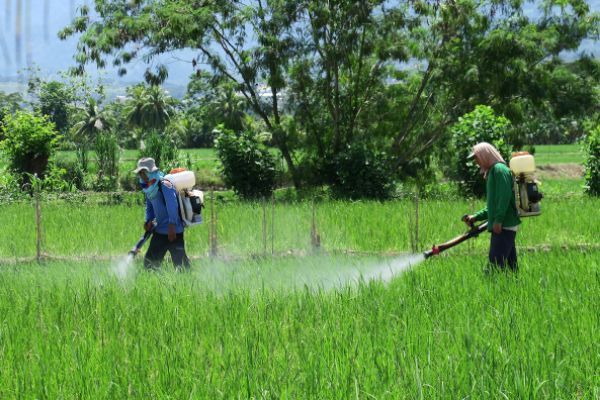Mr. Opeyemi Elujulo, Founder of the Youth in Agroecology and Restoration Network (YARN), has warned that large-scale industrial farming could bring serious health and environmental problems to Nigeria.
Elujulo, who also serves as the Executive Director of YARN, gave the warning in an interview with reporters on Friday in Abuja.
He said the type of industrial farming being promoted in Nigeria was backed by JBS Foods International.
The agroecology advocate stressed that Nigeria must carefully study JBS’s global record before agreeing to its investment proposals.
According to reports, the Brazilian meat company, JBS, signed a memorandum of understanding with Nigeria for a \$2.5 billion investment. The plan includes building six new factories.
Out of these factories, three would focus on poultry, two on beef, and one on pork.
The deal also covers a five-year plan for feasibility studies, budget estimates, and developing a local supply chain programme.
Elujulo, however, pointed out that JBS, the world’s largest meat processor, has been linked globally to deforestation, biodiversity loss, and major environmental pollution.
“Wherever big corporations like JBS go, communities are left with polluted water, degraded land, and health risks,” he said.
He added that the health problems range from breathing difficulties to antimicrobial resistance caused by chemical use in industrial livestock farming.
He also warned that such large-scale farming models could push smallholder farmers aside by taking their land and water, while giving multinational companies greater control over food systems.
On whether rejecting JBS’s investment could harm young farmers, Elujulo disagreed.
He explained that more Nigerian youths are already embracing agriculture through agroecology, a sustainable system that reduces costs and dependence on imported farm inputs.
Sharing his own story, he said: “Growing up in a farming household, I hated agriculture. I even refused to study it in school. But when I was introduced to agroecology, everything changed. For eight years now, I’ve worked nationally and internationally to promote sustainable farming.”
He stressed that young Nigerians must not be lured into unsustainable industrial models.
Instead, they should be trained in agroecology skills that cut costs and reduce dependence on imported seeds and chemicals.
“Agroecology allows farmers to make their own organic fertilizers and biopesticides, making agriculture more resilient instead of a debt trap,” he explained.
Elujulo further warned that industrial meat plants could bring hidden costs, such as waste management, health monitoring, and environmental cleanup.
He argued that relying on such models would only increase dependence on imported inputs.
“These are cycles that advocates of sustainable food systems are trying to break. The short-term promises of jobs and food security are not worth the long-term pollution and health burdens. We must build resilience, not vulnerability,” he said.
Finally, he urged the government to support smallholder farmers, promote sustainable farming practices, and resist foreign-led industrial models that have left harmful legacies in other countries.


